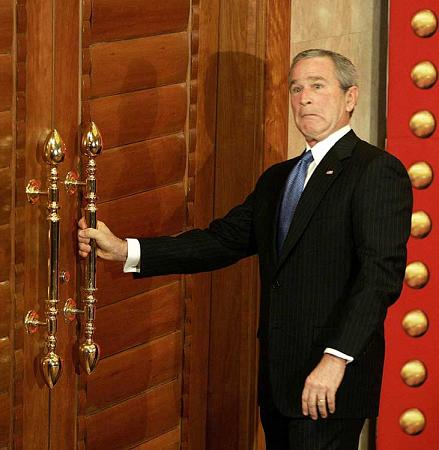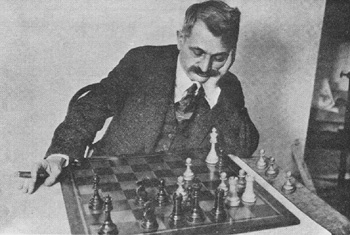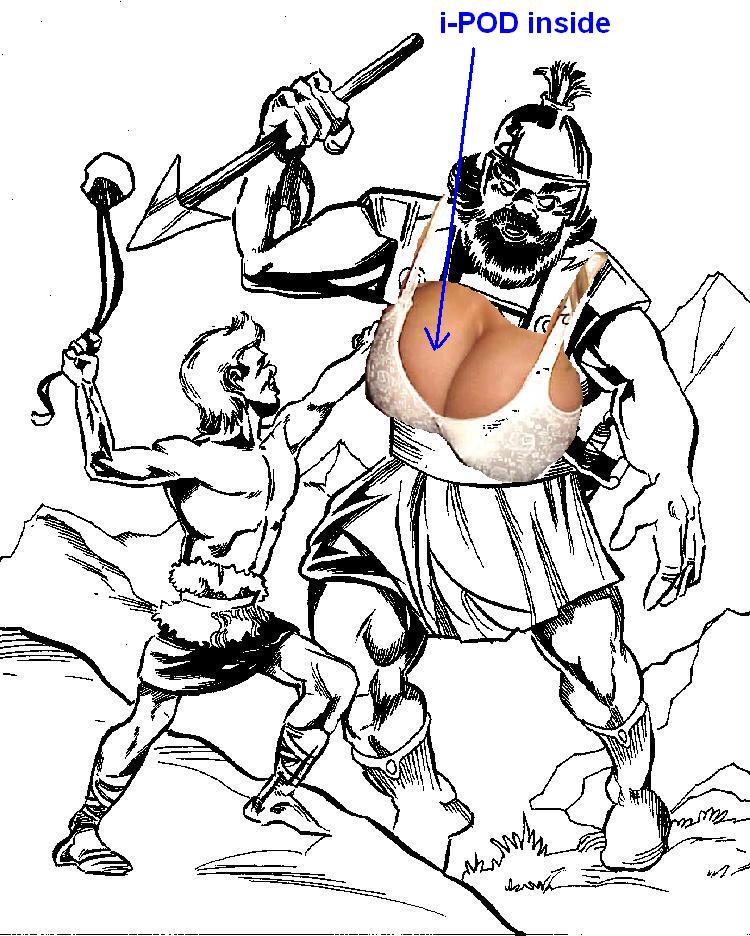Call this one a late-night and probably therefore a tad bit incoherent 'pastoral rant'.

I once heard a Q&A session involving a certain 'emerging' leader after he had preached on topics related to the Sermon on the Mount (particularly 'turning the other cheek') and pacifism. Upon being asked the most obvious question of all (to oversimplify: what does this mean if I see some poor soul getting attacked on the streets tomorrow, and I am in the position to rather unpacifistically help?), the speaker answered in general terms emphasising the problems of justifying 'just war' theory given the advent of nuclear weapons, and the potential for peace had America invested money into world aid, rather than military adventures in the East, in the aftermath of 9/11.
I do not want here to discuss the pros or cons of these points. The problem was, the questioner had asked a far more specific question. He was fundamentally asking 'What does this all mean for how I practically live in my 9 to 5 office job'? His problem was more particular.
And indeed! Nuclear weapons don't seem quite so relevant in such a context. Hopefully not anyway.
Turning to another topic, let's hear what Brian J. Walsh and Sylvia C. Keesmaat, in their book
Colossians Remixed, have to say about globalisation:
"Globalisation isn't just an aggressive stage in the history of capitalism. It is a religious movement of previously unheard-of proportions. Progress is its underlying myth, unlimited economic growth its foundational faith,
the shopping mall (physical or online) its place of worship, consumerism its overriding image, 'I'll have a Big Mac and fries' its ritual of initiation, and global domination's ultimate goal." (p. 30, italics mine)

Once again, fine sounding rhetoric. However, if we remove this from the abstract and consciously place such argumentation into the particular, what is one to conclude? What are the pastoral consequences of this? Paul's teaching to the church in Corinth of course suddenly becomes relevant. What did Paul request of the small Christian community in relation to the natural social association with the worship of various idols in the individual trade and craft societies etc? And when the shopping mall and 'ritual of initiation' language is associated with this, things, all of a sudden, don't appear so neat and packaged as such rhetoric arguably implies.
I admit that this can hardly serve as a criticism of Walsh and Keesmaat who have a third of the book devoted to matters of praxis, but a question does nonetheless surface: In all the clever rhetoric bouncing around in the 'emerging' and postmodern Christian halls of fame, is 'the problem of the particular' sometimes being overlooked? Christians are still leaving conferences and putting books down completely confused as to what the scriptures mean for practical life. Just like the Philippian jailer in Acts, many keep asking the same simple question: 'what must I do?' And while definite black-and-white answers are not always desirable, the basic question most certainly is.

 Derrida: That just sounds like the metaphysics of presence, Chris.
Derrida: That just sounds like the metaphysics of presence, Chris. 
























